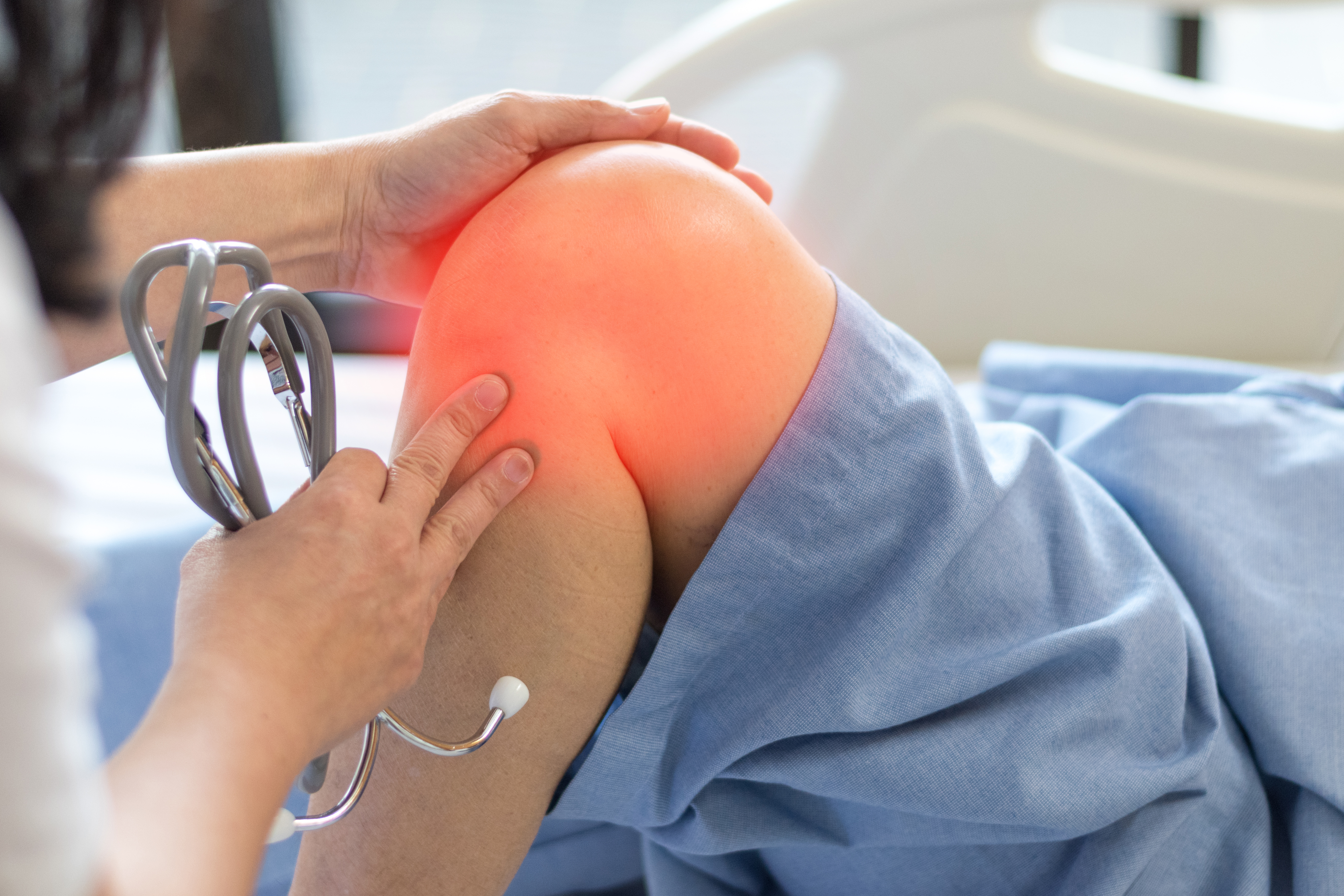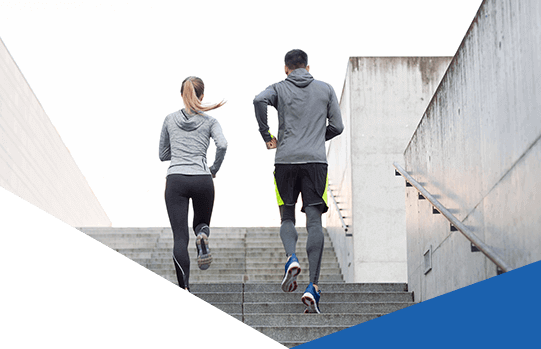Chondromalacia patella, more commonly referred to as runners knee, is a condition where the cartilage along the underside of the kneecap begins to soften and deteriorates over time. When looking at the anatomy of the knee, the patella, or kneecap is designed to glide over a narrow groove on the top of the femur. Due to the shallow nature of the groove, the patella can begin to slide off the centre, which will increase the friction force of the surfaces rubbing together. As these two surfaces become irritated over time pain will result. There are many factors that can influence the risk of developing chondromalacia patella, including age, sex, flat feet, previous injuries, activity level, and general bone integrity.
Adolescents and young children are at a higher risk of developing chondromalacia patella as they experience more frequent growth spurts that can create temporary muscle imbalances that affect patellar tracking. Females are more likely than males, due to differences in pelvic alignment as well as typically possessing less muscle mass than males. Flat feet alignment presents more stress on the knee and can increase the frequency of muscle imbalances within the leg. Previous injuries, including patellar dislocations or patellar fractures, can alter joint mechanics and increase the risk of developing altered patellar tracking. Individuals who engage in higher impact exercise, including running and/or jumping, will put higher stresses on their knee joints and can lead to patellar tracking issues as well. Finally, some individuals have softer cartilaginous tissues, which will put them at a greater risk of wearing down its surfaces and having knee pain d/t inflammation under their patellar.
If or when you think you are suffering from chondromalacia patella, there are a few symptoms that you will likely be feeling. It is common to feel grinding sensations or intermittent cracking sounds when bending of extending through the knee. The pain will likely become more apparent after prolonged sitting positions d/t the increased compression of the patella on the femoral surface. Any prolonged weight-bearing, including standing, will begin to irritate the underside of the kneecap. Ramp up the weight-bearing demands with walking, running and/or stairs and pain will become more apparent with time.
Grading System for Chondromalacia Patella
There is a grading system to help determine the severity of the chondromalacia patella.
- Grade 1 is the least severe and indicates some softening of the cartilage.
- Grade 2 indicates softening along with abnormal surface characteristics, likely marking the beginning of tissue damage.
- Grade 3 shows the thinning of the cartilage along with the active deterioration of the tissue.
- Grade 4 is the most severe and indicates full degradation of the cartilaginous surface exposing bone on bone rubbing.
Treatment for Chondromalacia Patella
When treating chondromalacia patella, the main goal will be at improving pelvic control to help facilitate a stronger base of support to create all movement through the legs. Furthermore, by improving muscle balance down the leg, predominantly at the quadriceps, it will help create equal pulling on the patella to ensure it is tracking properly along the shallow groove it slides along. If treated early and effectively, there be a significant reduction in the risk of developing higher degree damage to the underlying cartilage in the knee joint. The less damage, the sooner the healing will ensue and less likely of developing longer-lasting tissue damage that may or may not be able to heal with time.





